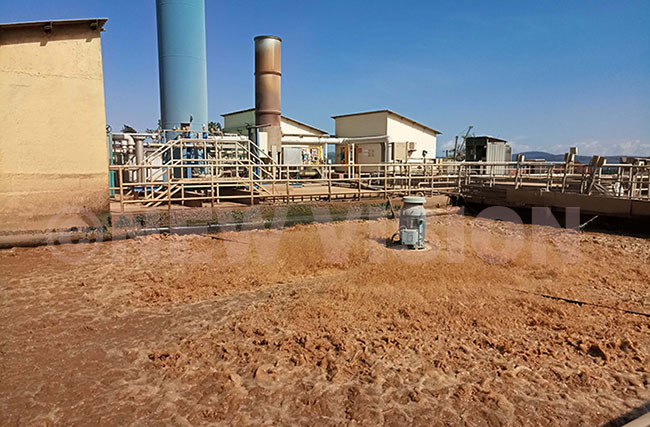Uganda to host first water catchment management conference
The conference to be held under the theme: Protecting water and land resources in Africa for climate change adaptation and improved livelihoods is being organised by Makerere University in conjunction with the Ministry of Water and Environment.
ENVIRONMENT
WAKISO - Uganda will host the first Great Lakes water catchment management (GLACAM) conference beginning on June 05 -07 at Water Resources Institute, in Entebbe.
The conference to be held under the theme: Protecting water and land resources in Africa for climate change adaptation and improved livelihoods is being organised by Makerere University in conjunction with the Ministry of Water and Environment.
According to Prof. Moses Tenywa, of College of agriculture and environment sciences at Makerere University, the objectives of the conference include; developing a long-term shared future strategy for conservation of water and land resources in the Great Lakes region of Africa, showcase the latest innovations, technologies and developments in water and soil discipline for increased environment protection and sustainability.
Other objectives include sharing the emerging and most promising catchment management science and technologies for water and land resources protection for climate change and adaptation and improved livelihoods and build a partnership among water resource users on the continent for joint water and land resources research and management.
The principal of College of agriculture and environment sciences, Bernard Bashaasha, explained that this an opportunity for scientists to interface with research experts on the continent to share watershed management challenges and promising technologies for conserving water and land resources to adapt to climate change and improve livelihoods.
 Polluted water being treated at Uganda Breweries Limited on March 6, 2019. Water catchment conference is to address the effects of pollution
Polluted water being treated at Uganda Breweries Limited on March 6, 2019. Water catchment conference is to address the effects of pollution
Dr. Callist Tindimugaya, commissioner water resources planning and regulation at the water ministry said water bodies have been polluted and therefore, a solution and mechanisms need to be found in a bid to increase water use efficiency.
He told journalists that special attention will be given to pollution control, policy formulation, the impact of pollution on water transport, human health and sustenance of aquatic life.
"Innovative and technological methods of water treatment, recycling of grey water and cost-benefit analysis of greywater recycling will be discussed," Dr. Tindimuguya said.
He said the main focus of the conference is on the link between land use and how technologies and innovations have affected the ecosystem health of soil, crops, animals, forests and the water catchment at large.
He said the impact of degradation has caused reduced fish stock in rivers and lakes, drying streams and rivers, widespread wetland encroachment, reduced soil depth and soil fertility in agricultural landscapes, rapid agricultural land use intensification and increased migrations by abandoning unproductive land which calls for joint efforts to reverse the trend.
Prof. Tenywa explained that the state of water resources in the Great Lakes region is appalling and is being fueled by degradation which is as a result of mismanagement of catchments.
He noted that the declining water quality and quantity is evidently becoming a major threat to energy, food, income, environment and social security in the Great Lakes region of Africa.
"Pollution of the water resources is high with evidence of sedimentation, weed invasion and toxic substances," Prof Tenywa said.
He attributed to the declining water quality and quantity to increasing human population, the impacts of climate change and unsustainable practices on the environment.
The conference will attract delegates from the Great Lakes region, Europe, academia and civil society and others.